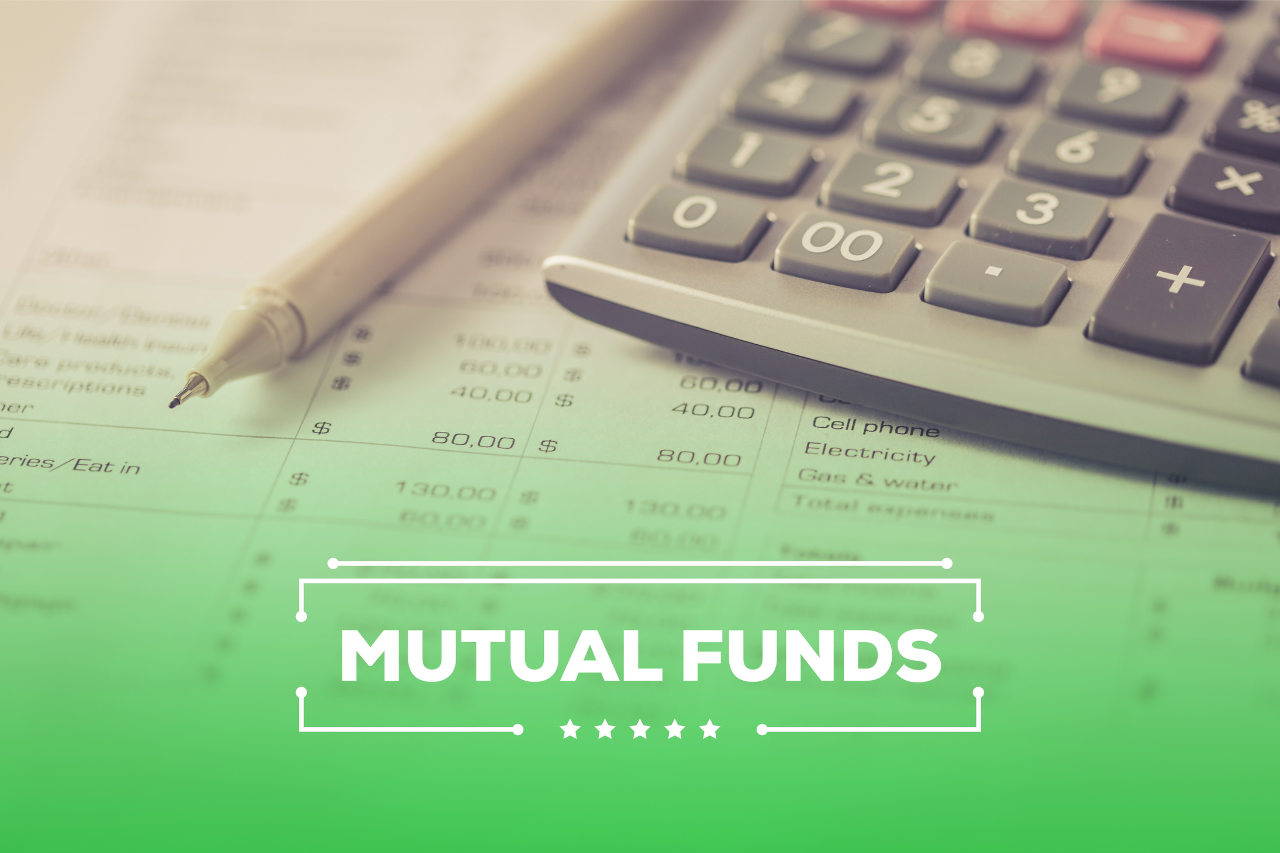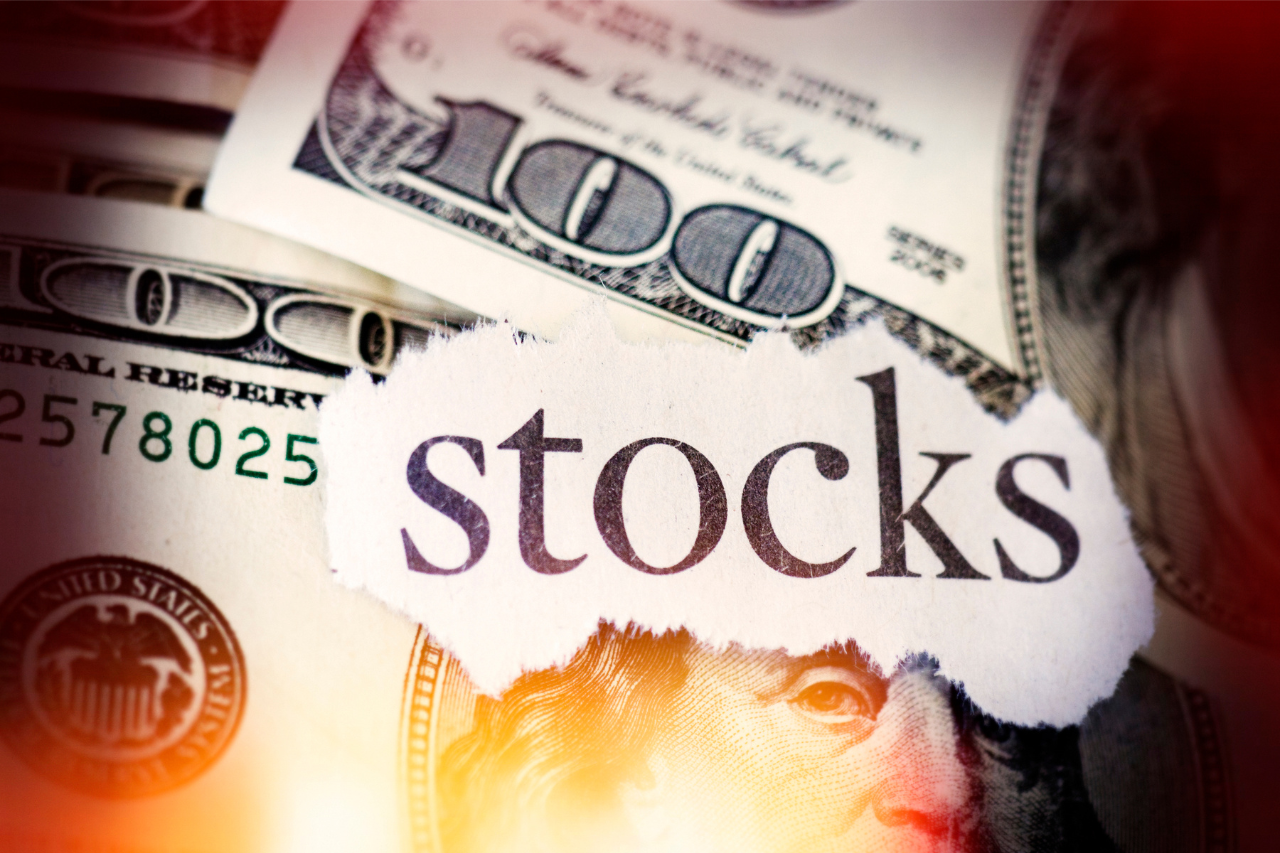
How banking works and the Types of Banks

Share:
Max Pockets Editorial Team
What is a bank?
In economics, a bank is an institution that manages and creates money by lending funds to individuals and businesses. Banks also provide services such as safekeeping deposits and issuing loans. Banks are typically overseen by government regulators, while they may also be subject to private regulation from the private sector. Banks play an important role in the economy as they facilitate borrowing and investment and create liquidity.
Banking is the activity of providing financial services to businesses, individuals, and other entities. These services include deposit accounts, credit cards, loans, and investment products. Banks provide a range of services that allow customers to manage their money in one place. Banks also create money by issuing loans, which are then deposited into customer accounts.
Banking and finance is a broad term that encompasses the activities of financial institutions, such as banks, investment funds, and insurance companies. Banking and finance include the management of money through investments, lending, risk management, and regulation. Banking and finance are essential components of any modern economy as they provide the means for people to access goods, services, and capital. The activities of banking and finance also provide critical support to businesses, governments, and individuals.
Basic Bank Services:
What are Checking Accounts?
Checking accounts are the most common form of a bank account. They allow customers to deposit and withdraw funds, make payments, and transfer money between accounts. Checking accounts typically pay interest on deposits and are used for everyday purchases or bills.
Savings Accounts
Savings accounts are designed to help customers save money by earning a higher rate of interest than what is offered on checking accounts. Savings accounts allow customers to withdraw funds, but they typically have withdrawal limits and require notice before a withdrawal can be made.
Credit Cards
Credit cards are forms of revolving credit that allow users to borrow funds for purchases up to an established limit. Credit cards typically require minimum payments each month and often come with additional benefits such as rewards points.
Debit Cards
Debit cards are linked to checking accounts and allow users to make purchases with their own funds. Debit cards withdraw funds directly from a customer’s account, and the amount of the purchase is deducted immediately.
Loans
Loans are forms of credit that allow customers to borrow funds for a specific purpose. Loan terms vary depending on the type, amount and duration of the loan. Customers typically have to meet certain requirements in order to be eligible for a loan and must make payments on the loan in order to repay the debt.
Certificates of Deposit
Certificates of deposit (CDs) are savings products that allow customers to deposit a fixed amount of money for a specific period. CDs typically earn higher interest rates than other savings accounts, but the funds are locked in until the end of the maturity period.
Investment Services
Banks also provide investment services such as mutual funds, stocks, bonds, and other investment products. These services allow customers to manage their investments and pursue their financial goals.
Money Market Accounts
Money market accounts are a type of savings account that pays a higher rate of interest than what is offered on traditional savings accounts. Money market accounts have limited check writing privileges, and withdrawals are typically subject to federal regulations.
Brick-and-Mortar Vs Online Banks
Brick-and-mortar banks are physical institutions that customers visit to complete transactions in person. Online banks provide the same services as brick-and-mortar banks, but they also allow customers to conduct banking activities online or via a mobile app. Online bank accounts usually come with lower fees and higher interest rates than what is offered at traditional banks.
How Are Banks Regulated?
Banks are subject to both public and private regulation. Public regulators, such as the Federal Deposit Insurance Corporation (FDIC), set guidelines and regulations that all banks must follow. Private regulators, such as accreditation agencies, also provide oversight to ensure banks comply with policy requirements. Banks must adhere to Anti-Money Laundering laws, privacy regulations and financial reporting standards. They must also maintain a minimum level of capital in order to protect customer deposits and manage risk effectively. Banks may be subject to additional regulation depending on their size and the services they offer.
Types of Banks
What is a Central bank?
A central bank is a financial institution that serves as the main regulator and lender of last resort for all other banks in the country. Central banks have various responsibilities, such as setting monetary policy, issuing currency, and providing banking services to the government.
Commercial Bank
Commercial banks are financial institutions that provide deposit accounts, loans, and other financial services to consumers and businesses. They act as intermediaries between savers and borrowers, providing liquidity for the economy by offering savings and loan products.
Investment Bank
Investment banks are financial institutions that specialize in providing advice on investments and raising capital through the sale of securities such as stocks and bonds. Investment banks also provide services such as underwriting and mergers and acquisitions.
Online Bank
Online banks are financial institutions that offer banking services exclusively through the internet. They usually have lower fees, higher interest rates, and more flexible terms than what is offered at traditional brick-and-mortar banks.
Bank vs. Credit Union
The primary difference between a bank and a credit union is that banks are for-profit institutions while credit unions are not. Credit unions are owned and operated by their members, which means they have lower fees, higher interest rates, and more flexible terms than what is offered at banks.
Common FAQ’s
What is banking and finance?
Banking and finance refer to the processes by which money is transferred, lent, invested and borrowed. Banking typically involves the use of financial products such as loans, deposits and investments, while finance involves the management of funds in order to achieve a certain goal.
Define bank in economics?
In economics, a bank is an institution that provides financial services such as lending money and accepting deposits from customers. Banks also provide a variety of other services, such as foreign exchange, credit card services and investment management. Banks are important intermediaries in the economy, connecting savers and borrowers by providing liquidity to the markets.
Is my money safe in a Bank?
Yes, your money is generally safe in a bank. Banks are insured by the Federal Deposit Insurance Corporation (FDIC) up to $250,000 per account holder, so you can rest assured that your deposits are secure. Your accounts and investments may also be protected by other government agencies or private insurers depending on what type of product you have.
Is banking a good career?
Banking can be a rewarding and exciting career if you have the right skills and knowledge. You will need to be well-versed in financial products, regulations and customer service in order to excel in this field. Banking jobs can range from entry-level positions all the way up to senior management positions, so there are many opportunities to grow and advance in the banking industry.
What is the role of a bank?
The primary role of a bank is to provide financial services to its customers, such as lending money, taking deposits, and providing payment services. Banks also act as intermediaries between savers and borrowers, providing liquidity for the economy and connecting those who need money with those who have it. Banks also provide a variety of other services such as foreign exchange, credit card services and investment management.
What is the difference between banking and finance?
Banking typically involves the use of financial products such as loans, deposits and investments, while finance involves the management of funds in order to achieve a certain goal. Banking involves the transfer of funds between individuals or organizations, while finance is more concerned with the effective use of those funds in order to maximize profits and minimize losses.
What is Securities Investor Protection Corporation (SIPC)?
The Securities Investor Protection Corporation (SIPC) is a government-sponsored organization that provides certain protections to customers of financial firms in the event their broker fails. SIPC protects customer funds and securities up to $500,000, including up to $250,000 in cash balances. It does not protect against investment losses.
What is a bank statement?
A bank statement is a document provided by your financial institution that summarizes all activity in your account over a given period of time, typically one month. Bank statements include deposits and withdrawals made to the account as well as any fees or interest earned. It is important to review your bank statement regularly to ensure accuracy and check for any fraudulent activity.
What is a banking system?
A banking system is a network of financial institutions and services that enable individuals, businesses and other organizations to access funds, make payments and manage their accounts. It consists of deposit-taking banks, credit unions, savings institutions, payment service providers and other financial technology companies. Banking systems provide the infrastructure to facilitate the flow of money between customers, businesses and other organizations.
What is bank in economics?
In economics, a bank is an institution that acts as an intermediary between savers and borrowers. It accepts deposits from savers and uses those funds to provide loans to borrowers, while also making a profit by charging interest on these loans.
How to Choose a Bank?
Choosing the right bank for your needs is an important step to take when managing your finances. Consider what type of products and services you need, what fees and rates you’ll be charged, what level of customer service you prefer and what type of accessibility you require. It is also important to consider whether or not the bank is insured by the FDIC and what safety measures are in place to protect your funds. Ultimately, the bank you choose should offer what you need at a price that fits within your budget.
What is income?
Income is money received by an individual or business in exchange for the sale of goods and services, the use of assets, or any other form of economic activity. Income is what allows individuals and businesses to pay their expenses, save and invest for the future. Types of income include wages, salaries, interest and dividends, rental income and capital gains. Income can be earned from a variety of sources, including employment, investments and property. It is important to track income in order to budget properly, save for retirement and plan for the future.
What does Wealth mean?
Wealth is a measure of financial resources, typically calculated by adding up assets such as cash, property and investments and subtracting liabilities. Wealth can also refer to an individual’s net worth, which is the total value of what they own minus what they owe. Building wealth over time requires creating savings, investing for the future and managing debt responsibly.
What is an emergency fund?
An emergency fund is a reserve of money set aside for unexpected expenses or other financial needs. It usually consists of liquid assets such as cash, savings accounts and short-term investments that can be easily accessed in times of need. An emergency fund should be separate from other types of savings and investments, and it should be large enough to cover at least three to six months’ worth of living expenses. Having an emergency fund can help individuals and families prepare for unforeseen financial hardships, such as job loss, medical bills or natural disasters.
In conclusion
a bank is an institution that helps to manage and create money by providing services such as taking deposits and issuing loans. Banking and finance are essential components of any modern economy, as they provide the means for people to access goods, services, and capital. Banks offer different account types including checking accounts, savings accounts, credit cards, and loans. Brick-and-mortar banks are physical locations where customers can conduct their banking activities in person, while online banks allow customers to manage their accounts via the internet or mobile app.
Most Popular


Unveiling the Secrets: What Are Stocks?

Unlocking Financial Success: Accumulate Wealth

Mastering Dollar Cost Averaging: A Complete Guide
Subscribe To Our Weekly Newsletter
No spam, great information to grow your Money!
Categories
Related Posts

Building Wealth: Mutual Funds vs ETFs
Share: Optimize your strategy by comparing Mutual Funds and Exchange-Traded Funds. Deciding whether to buy an ETF or a mutual fund can be a tough

Unveiling the Secrets: What Are Stocks?
Share: Facebook Twitter Pinterest LinkedIn What Are Stocks? A stock is a type of security that signifies ownership in a corporation and represents a claim

Unlocking Financial Success: Accumulate Wealth
Share: Facebook Twitter Pinterest LinkedIn Are you looking for ways to grow your wealth safely? Are you looking for wealth building investments that can help

Mastering Dollar Cost Averaging: A Complete Guide
Share: Facebook Twitter Pinterest LinkedIn What Is Dollar-Cost Averaging? Dollar-cost averaging is an investing technique in which an investor purchases a fixed dollar amount of

Maximize Potential: How to Invest in Your 20s for Financial Security
Share: Facebook Twitter Pinterest LinkedIn If you’re in your 20s, you may be thinking about how to start investing. It’s important to begin saving and

Different Types of Investments: Risks and Rewards
Share: Investing can be very confusing and intimidating for beginners, especially when it comes to knowing what type of investment is right for you and